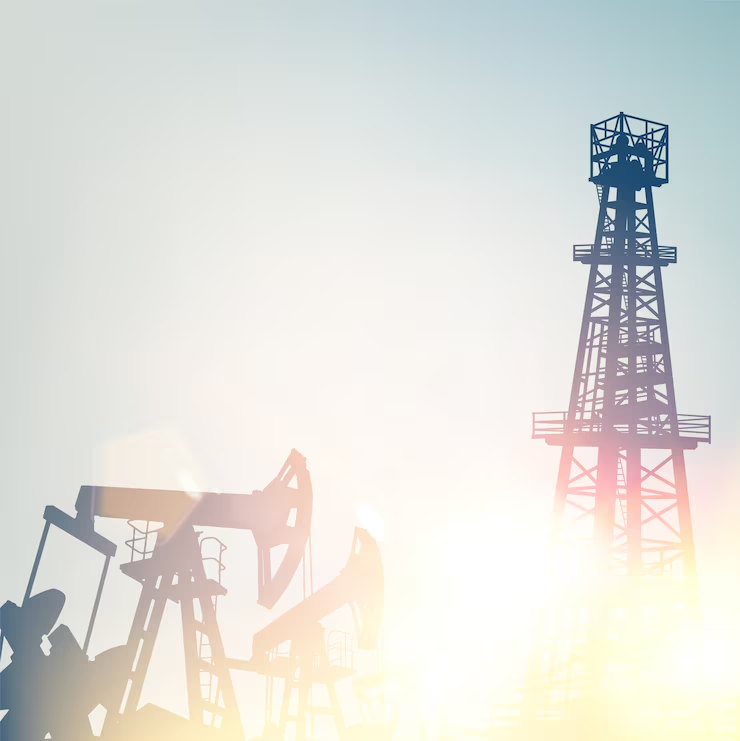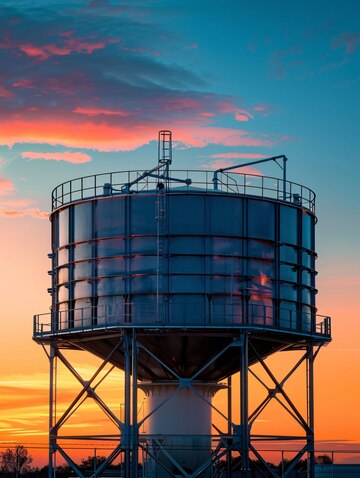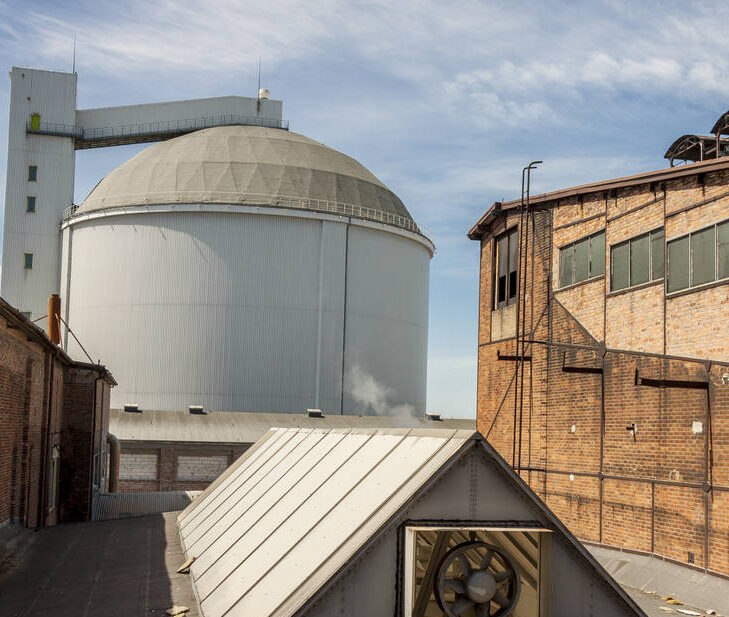Premium Alcohol Supplier
Ethyl Alcohol Supplier | Ethanol Supplier
Fueling the Future with Sustainable EthanolWelcome to Burj Alfalak Trading LLC, your trusted premium alcohol supplier, delivering high-quality ethanol, ENA (Extra Neutral Alcohol), and anhydrous alcohol to industries worldwide. With years of experience and a commitment to excellence, we serve clients with sustainable sourcing and consistent purity.
Exceptional Customer Care for Premium Ethanol and Alcohol Solutions
Our dedication to customer satisfaction sets us apart. We prioritize clear communication and work closely with clients to meet their unique needs.
Global Leaders in Bulk Premium Alcohol Supply
As a premium alcohol supplier, we understand the importance of product quality, reliability, and timely delivery.Whether you need ethanol for pharmaceuticals, cosmetics, or industrial applications, our role as a premium alcohol supplier ensures that you're receiving the best-in-class product with complete compliance and documentation.
Defining Excellence in Chemical Trading
What Makes Burj Alfalak Unique?
Expert Advice
Receive tailored advice on alcohol, exceptional quality control, and market insights.
Worldwide Supply
We source from diverse origins for consistent, competitively priced products year-round.
Dedicated Support
Our specialists are always a call away, offering practical and personalized solutions.
Sustainability Focus
We prioritize sustainability in our environmental practices and business partnerships.
Worldwide Reach, Local Insight
10
Languages
10
International employees
70+
Countries
3
Local Distribution
Premium Ethanol & Alcohol Supplier
Burj Al Falak Trading LLC is a leading supplier and global exporter of high-quality ethyl alcohol, denatured ethanol, and industrial-grade alcohol solutions. With years of experience and a strong global footprint, we deliver premium alcohol products for industrial, pharmaceutical, cosmetic, and chemical applications.
Burj Al Falak Trading LLC is a leading supplier and global exporter of high-quality ethyl alcohol, denatured ethanol, and industrial-grade alcohol solutions. With years of experience and a strong global footprint, we deliver premium alcohol products for industrial, pharmaceutical, cosmetic, and chemical applications.
Why Choose Burj Al Falak?
- High Purity Ethanol (ENA, Anhydrous, B-grade)
- Reliable Bulk Supply
- Regulatory Compliant & Quality-Assured
- On-Time Delivery & Custom Packaging Solutions
We specialize in delivering bulk ethanol that meets international standards, catering to businesses in cosmetics, hand sanitizers, chemical manufacturing, and perfumes.
Our Ethanol Product Range
- Extra Neutral Alcohol (ENA) – 96% pure alcohol, ideal for perfumes and sanitizers
- Anhydrous Ethanol – Water-free ethanol for fuel and solvent use
- B-grade Ethanol – Affordable, versatile solution for non-food applications
- Denaturants & Custom Blends – For industry-specific requirements
All products are available in bulk drums, IBC tanks, and custom packaging as per client needs.
Global Reach, Local Presence
we ensure prompt, secure, and compliant delivery through our well-established logistics network.
With a focus on sustainability and long-term partnerships, we aim to be your trusted alcohol and ethanol supply partner.
Industries We Serve
- Pharmaceuticals
- Cosmetics & Perfumes
- Disinfectants & Hand Sanitizers
- Chemical Manufacturing
- Biofuel & Energy
Request a Quote Today
Looking for a trusted bulk alcohol supplier?
📞 Contact us today or use our quick Request Quote form to get pricing and product details. Our support team is available to assist with logistics, compliance, and documentation.
Burj Al Falak – Supplying Quality, Building Trust
At Burj Al Falak, we don’t just supply alcohol—we deliver confidence, quality, and global reliability. Partner with us for all your ethanol and alcohol sourcing needs.
Global Consumption
Characteristic: Consumption (Million Gallons)
2024
The global ethanol market size accounted for USD 109.11 billion in 2024 and is expected to reach around USD 182.88 billion by 2034, expanding at a CAGR of 5.3% from 2024 to 2034. The North America ethanol market size reached USD 48.70 billion in 2023.
2023
Ethanol consumption worldwide climbed to over 131 million metric tons in 2023. This was back to levels reported before the COVID-19 pandemic, with figures for 2024 forecast to even surpass those and reach almost 149 million metric tons in 2030.
2022
14,023
2021
13,944
2020
14,681
2019
14,552


CSR Effort
Unlocking the Potential of Renewable Ethanol
Ethanol is produced exclusively from renewable resources, which helps conserve our planet's finite resources. Its potential extends beyond traditional methods, as it can also be derived from byproducts of ethanol production, known as second-generation ethanol. This innovative approach maximizes resource use and minimizes waste.
Additionally, the waste generated during the ethanol production process is repurposed into valuable products, such as animal feed and fertilizer. This not only reduces environmental impact but also highlights ethanol's remarkable versatility, allowing for multiple life cycles and sustainable practices.
- Produced from renewable resources.
- Includes second-generation ethanol from production byproducts .
- Waste is transformed into animal feed and fertilizer.
- Promotes sustainability through resource efficiency.
